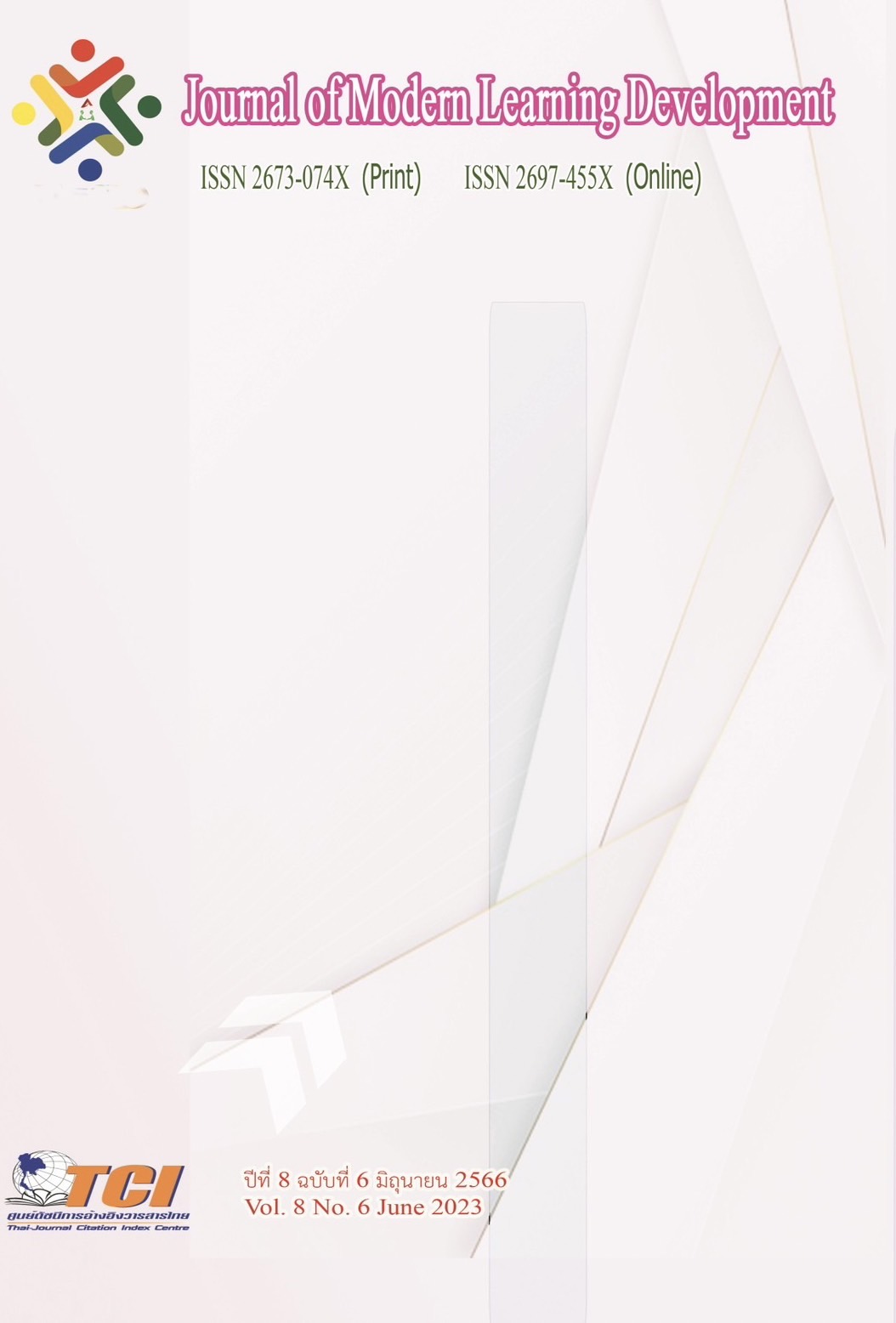Choral Teaching Based on Aesthetic Education in China
Main Article Content
Abstract
Music education occupies an important position both at home and abroad, whether it is the art of the "Six Arts" in ancient China or the music of the "Seven Arts" in ancient Greece, all belong to music education. Music education has a long history. Confucius, the master of Confucian thought in ancient China, believed that a person's comprehensive cultivation could not be separated from music. For example, in the Analects of Confucius, Taibo, the view that "standing in poetry, standing in the ceremony, and becoming in music" is just this meaning. The Spartan education system of ancient Greece believed that music could encourage children's courage and discipline and required children to learn to sing hymns and military songs. In medieval Europe, music had long held an important educational position and was kept among the so-called "seven free arts."
Article Details
References
Fu, Y. (2020). Practical research on traditional music aesthetics teaching in colleges and
universities. Northern Music, (16), 237-238.
Han, Y. (2021). Research on effective ways of Integrating chorus Training into vocal music
Teaching in Normal universities. Journal of Sichuan University for Nationalities,
(01), 95-99.
Li, H. (2020). On aesthetics of Chinese Music. Drama Home, (20), 81.
Zheng, Y. (2020). The ancient Chinese music aesthetics in colleges and universities music
education research. The influence of the Yellow River, (21), 32-33.
Zhu, Y. (2014). Introduction to the Art of Choral Conducting. Beijing. China Yan Shi Publishing House.


